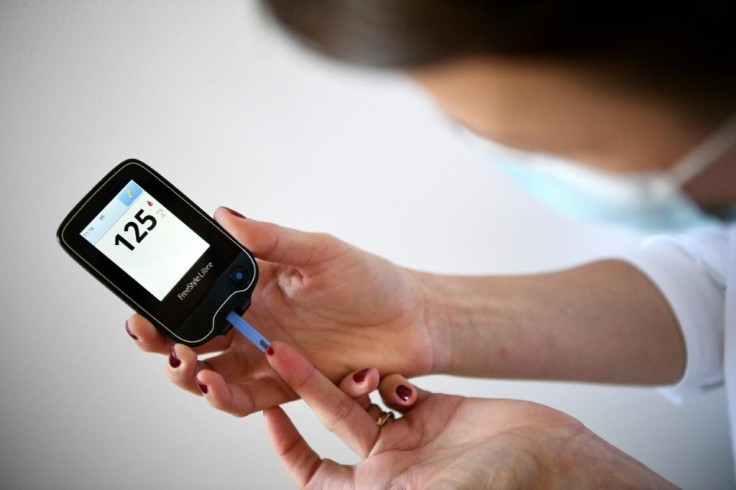COVID-19 infections can possibly lead to diabetes even in previously healthy patients: Experts
This was reportedly detailed in an open letter submitted by 17 leading medical experts wherein patients were diagnosed with the blood sugar condition.
Most people are already aware of how the 2019 novel coronavirus can be even more dangerous for persons with pre-existing conditions. Individuals who have problems with their heart, kidney, lungs, liver, and pancreas are susceptible to severe complications once infected. As such, doctors urge them to take extra precaution and avoid exposure as much as possible. However, results from ongoing research suggest that even healthy folk can perhaps develop diseases that affect the aforementioned organs. Diabetes is one of the speculated outcomes of COVID-19.
This was reportedly detailed in an open letter submitted by 17 leading medical experts wherein patients were diagnosed with the blood sugar condition. The cause remains unclear at this point, but the team suspects that it is related to a specific protein which is targeted by SARS-CoV-2. Angiotensin-converting enzyme 2 (ACE2), which is apparently present in the linings of the lungs is likewise found in other parts of the human body.
As stated by the Independent, the aforementioned protein can also be found in organs such as the kidney, small intestine, liver, and the pancreas. These are involved in glucose metabolism and could possibly trigger the onset of diabetes once affected by the virus. The researchers have created a global registry called CoviDiab Registry Project to record new cases of wherein otherwise healthy patients develop diabetes after COVID-19 infection.
This initiative was detailed in a letter submitted by the team to The New England Journal of Medicine. "We are of course trying to understand what situation is behind the observations," said co-lead on the registry and professor of metabolic surgery at King's College London Francesco Rubino. There is already conclusive evidence that COVID-19 infections can deteriorate the condition of those with pre-existing diabetes.
Records even show that roughly a quarter of 2019 nCoV-related deaths are people with diabetes. "Diabetes is one of the most prevalent chronic diseases and we are now realising the consequences of the inevitable clash between two pandemics," stated Rubino.

"Given the short period of human contact with this new coronavirus, the exact mechanism by which the virus influences glucose metabolism is still unclear and we don't know whether the acute manifestation of diabetes in these patients represents classic type 1, type 2 or possibly a new form of diabetes," he added.
© Copyright IBTimes 2025. All rights reserved.





















